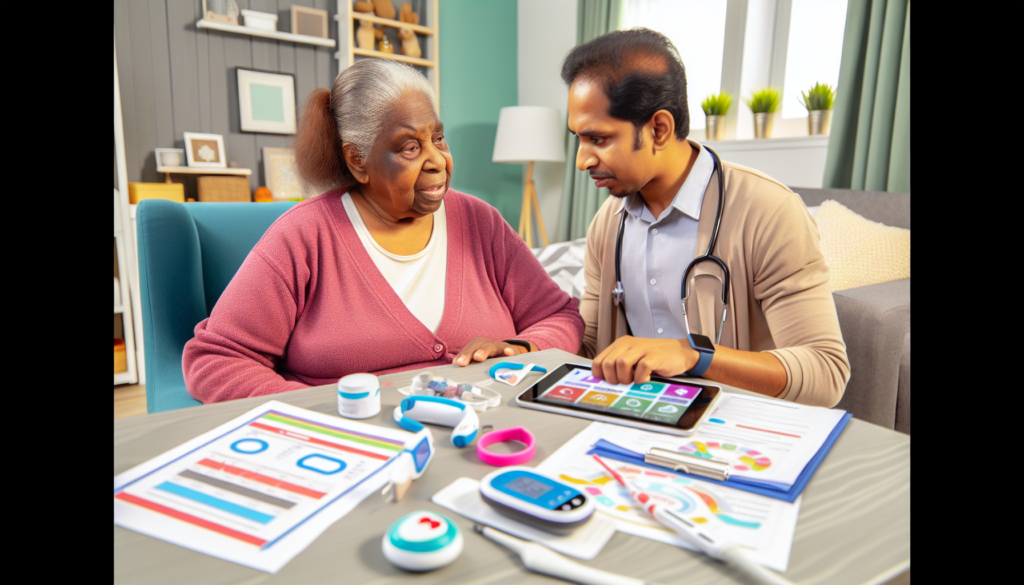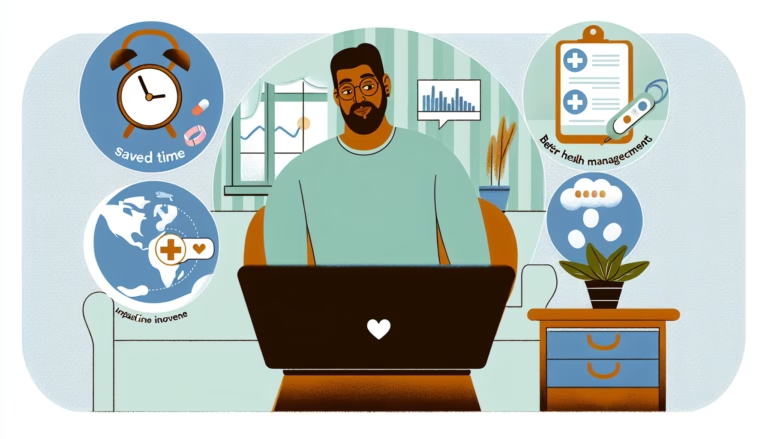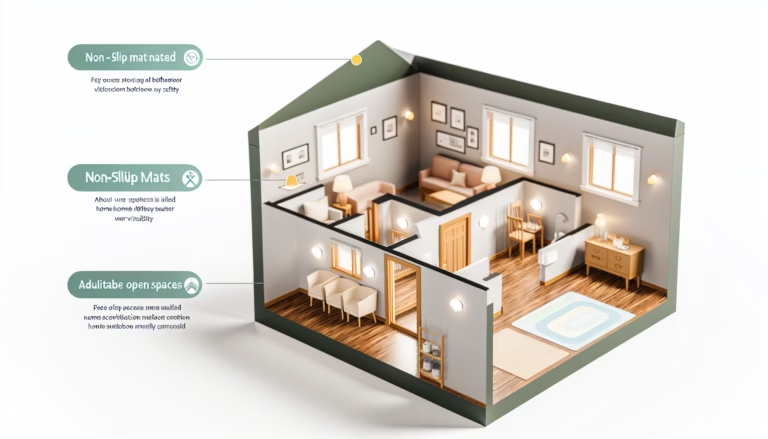Every individual has distinct healthcare needs, making personalization essential for maintaining health and wellness. In this article, we’re going to discuss the importance of customized care in the context of home health patients and point out a few effective strategies for implementing personalized care plans.
The Significance of Personalized Care Plan
Individuals are unique, and so are their health conditions. This uniqueness calls for a personalized approach to patient care, particularly in home health settings. Customized care plans enable caregivers to cater to each patient’s specific needs and preferences, fostering an effective and patient-centric approach to healthcare.
Understanding Patients’ Needs
Create a detailed assessment of the patient’s physical health, including the state of their chronic conditions, daily abilities, and physical limitations. Also, consider their emotional and mental health by charting their stress levels, signs of depression or anxiety, and sources of joy and positivity. This comprehensive evaluation forms the basis for a personalized care plan.
Implementing a Personalized Care Plan
Incorporating a personalized care plan into a patient’s home healthcare routine involves several steps:
- Assessing Needs and Goals: Begin by understanding the patient’s health conditions, lifestyle, preferences, and care goals. This could involve conversations with the patient and other healthcare providers.
- Planning Care: Develop a daily and long-term care strategy based on the assessment. This includes diet and exercise plans, health monitoring, medication schedules, and mental health strategies.
- Implementing the Plan: Apply the plan to the patient’s routine, making sure to explain each step to the patient and their family members. Encourage their involvement in the care process.
- Monitoring Progress: Track the patient’s progress and adjust the plan as needed. Regular feedback from the patient about their condition helps make necessary updates to the care plan.
Role of Technology in Personalized Care
Emerging technology is becoming an essential tool in implementing personalized home healthcare. Technologies such as health monitoring devices, telemedicine, and health apps allow patients and caregivers to manage care from home, facilitating real-time health tracking, reducing hospital visits, and helping caregivers deliver efficient personalized care.
Conclusion
Personalized care is crucial in enhancing the overall wellness and health quality of home health patients. By addressing each patient’s unique needs, caregivers can offer efficient and compassionate care tailored to each individual’s circumstances. It’s all about putting patients first, and that’s what home health care should truly be about.



